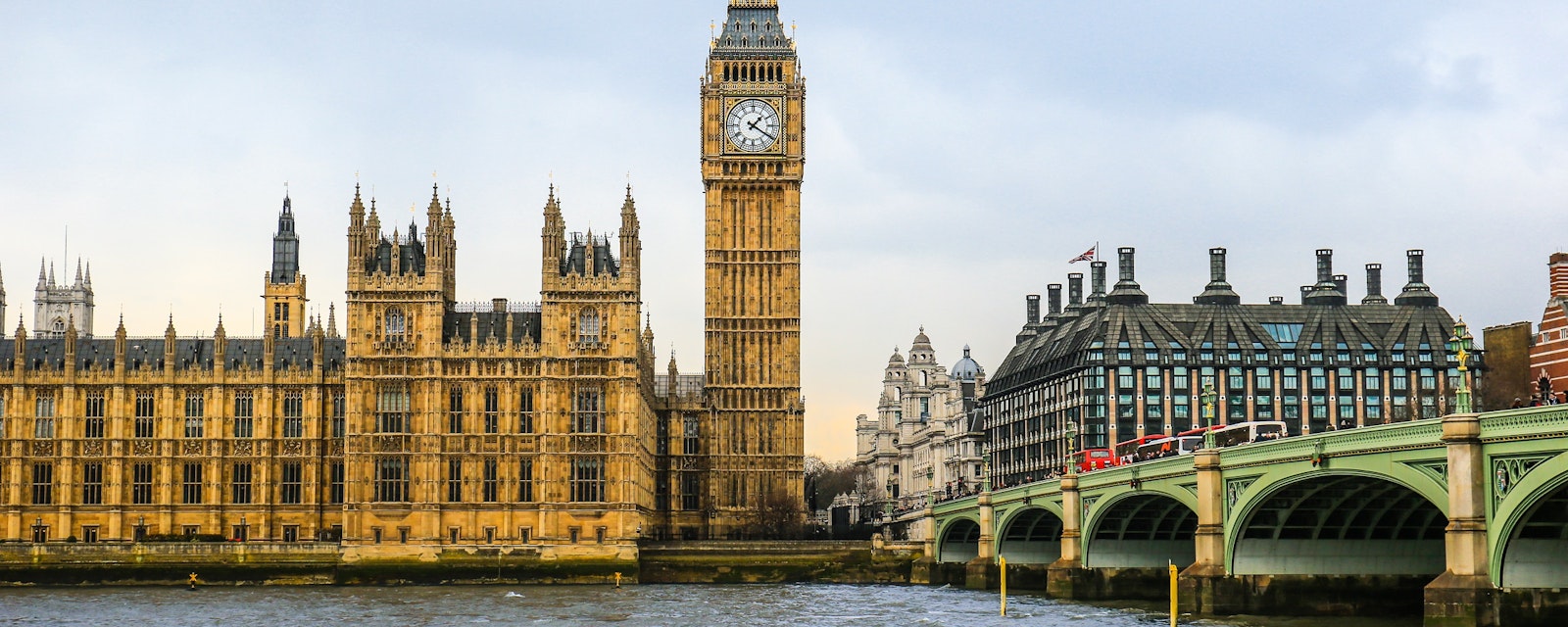Chancellor Rishi Sunak’s autumn budget and spending review gave an impression of the political uncertainty that will likely persist until the end of this parliament. Only the next general election will tell whether the Tories are now also structurally the party of formerly working-class constituencies outside London. In the meantime, the government’s at times paradoxical signaling combines promises of longer-term fiscal consolidation with the repeated delay of first steps in that direction.
In the Commons, Sunak boasted of a strong recovery, spent more money than expected, but also expressed his desire to reduce taxes before the next general election (in 2023 or 2024). At the same time, he has now raised taxes more than any other chancellor since 1993. The post-Covid recovery growth rate for 2024-26 is low, and the UK faces major challenges. While the more benign growth and unemployment forecasts by the independent Office for Budget Responsibility (OBR) gave Sunak greater leeway to spend in the short term, the OBR documents also show that import and export intensity with the EU have both dropped 15% and that the UK has lost 4% in productivity because of Brexit.
The OBR forecasts also point to the risk of inflation, which may only get back to 2% in 2024. While workers’ pay and the minimum wage are rising, much of these will be eaten away by mitigating factors. For instance, not mentioned by Sunak but signaled in the budget documents is that local council tax will be rising further across the country to pay for social care. Overall, household incomes are, according to the Institute for Fiscal Studies (IFS), unlikely to rise much in the next five years, adding to the stagnant period of the last ten years post-financial crisis and Brexit.
Against this backdrop, Sunak mitigated his earlier cut to universal credit, reducing the taper whereby people lose benefits as their earnings increase from 63% to 55%. He also announced that all departments – not just the priority areas of health, education, defense, and net zero – will see real-terms funding increases in the next three years. However, even after these increases, education spending, for instance, will only be returning to the level it was at in 2010 before the Tories imposed austerity.
The risk, then, is that the big-spending and higher taxation agenda causes political tensions with traditional Tory supporters but fails to deliver for the new voters the Conservatives want to retain over the longer term. To prevent losses at the more traditional pole, the banking surcharge will be lowered, and Sunak chose to retain a low profile on net zero, instead signaling his concern about the costs of the green transition. The Tories will try to circumvent a decision between these two sides in the run-up to the next general election at all cost.
It has immediately been noted how helping low earners and investing more in public services made some of this budget sound like one delivered by Labour’s Gordon Brown. PM Boris Johnson urged Sunak to continue spending to signal the end of austerity. For now, the Conservatives remain remarkably popular given the Tories’ incumbency for 11 years has seen austerity, Brexit, and the poor handling of Covid in the first half of 2020.





